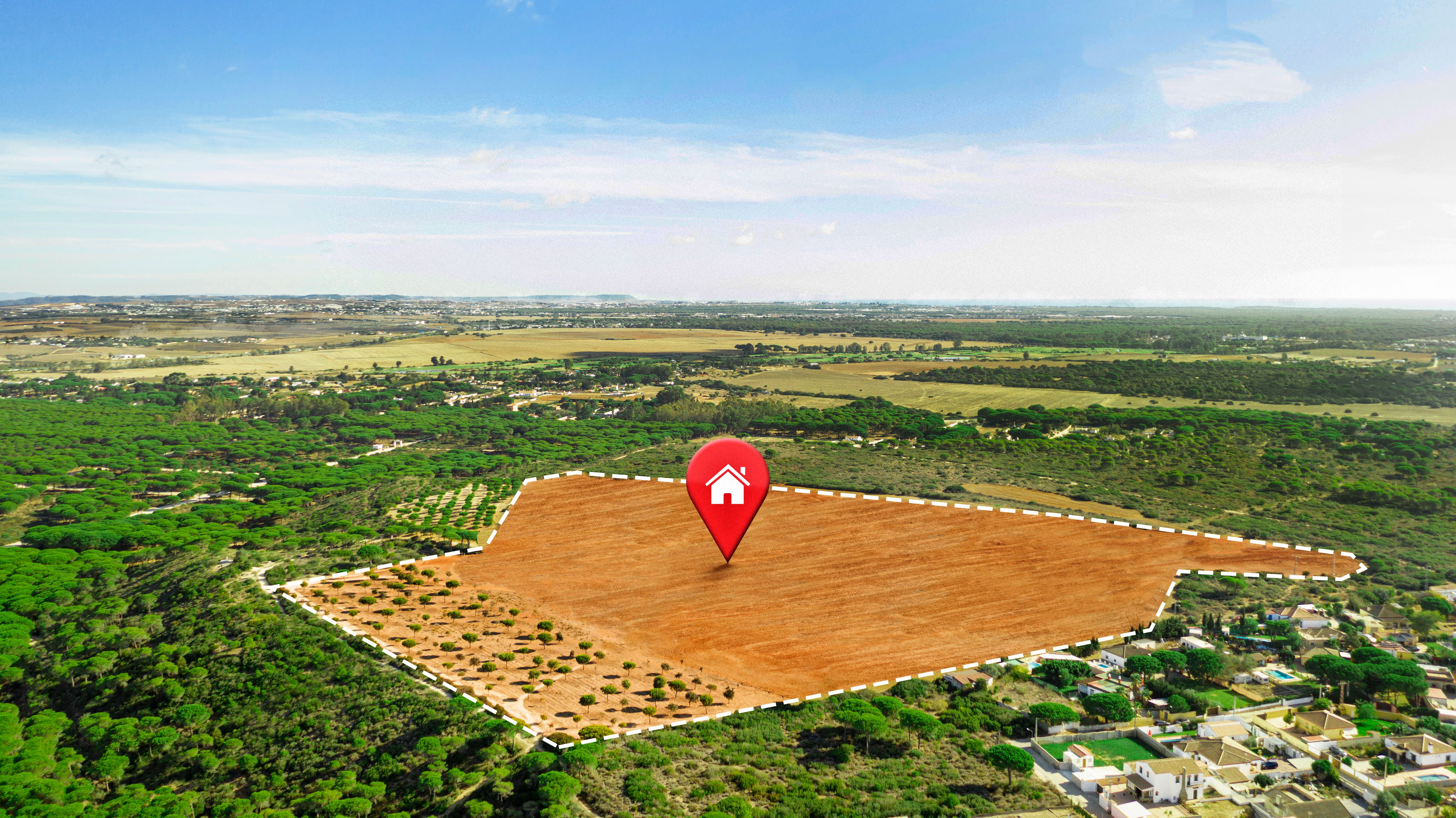What Gives Land Its Value? X Factors Every Buyer Should Understand
19 Jul 2025
Have you ever wondered why two plots a few kilometres apart have drastically different prices? While one appreciates like gold, the other barely moves the needle.
Buying land is a significant milestone, whether you are doing it to build your dream home or investing for long-term growth. However, the process can be overwhelming, especially if you are new to it. If you think location alone determines land value, you might want to reconsider your strategy. There’s a lot beneath the surface - literally and figuratively - that influences property valuation.
In this guide, we will unpack five critical factors that can help you determine land value and understand how to calculate property valuation accurately.
1. Tangible Factors
Tangible factors, such as location, zoning, and size, are the most crucial aspects that impact the usability and valuation of land. Let’s understand how:
- Location - The location of the land matters a lot. Plots that are in proximity to schools, colleges, hospitals, IT parks, etc., appreciate significantly over time.
- Road Access - Access to highways, link roads, and centre points increases the market value of property. A study by Anant National University found a strong correlation between road access and vacancy rates, with properties on main roads having lower vacancy rates and, thus, higher potential appreciation.
- Zoning Regulations - Zoning regulations dictate residential, commercial, or agricultural use of land, impacting its legality and resale value.
- Plot Size - Larger plots with regular shapes are high in demand and, hence, attract greater valuation.
- Frontage - Plots that are sea-facing, road-facing, etc., fetch higher prices.
- Topography - Usually, plots with even topography attract greater valuation.
- Soil Type - Impacts foundation quality and suitability for crops or construction.
- Development-Linked Factors
A plot which may look isolated now may become a bustling residential or commercial hotspot tomorrow if development is heading its way. Here’s what to look for when investing in land:
- Proximity to upcoming infrastructure projects, including roads, highways, metro lines, flyovers, or airport corridors.
- The construction of industrial zones, IT Parks, or commercial hubs within five to ten kilometres.
- Upcoming civic facilities, such as hospitals, schools, colleges, malls, etc., in the vicinity.
These factors can greatly enhance land value in the forthcoming years. You can check your state’s urban development authority website to learn about upcoming master plans and infrastructure project announcements.
3. Legal Clarity and Compliance
A plot in the best location and with excellent access to infrastructure may lose its value if it has legal baggage. You must ensure land legality before putting your hard-earned money into it. Here are some key checks for property valuation:
- Title Status - Make sure the plot has a clear, marketable title with no dispute history.
- Encumbrances - Check that there are no loans, mortgages, or legal claims.
- FSI (Floor Space Index) - Determines the permissible construction density on a plot.
- Conversion Status - Check if the land has been legally converted from agricultural to residential/commercial or vice versa.
4. Market Context
The market-related factors, including supply, demand, and resale trends, play a significant role in determining land value. Even a great plot can underperform in a dead market.
You must assess the following market dynamics when investing in land:
- Demand Cycles - Evaluate the increase or decrease in land demand over time.
- Price History - Check if prices have steadily risen or stagnated.
- Resale Potential - Analyse recent sale prices in the area to gauge the resale potential.
- Buyer Activity - See if the area has substantial buyer activity and inventory turnover.
5. Future Planning
Master plans and policy announcements often precede price jumps. They act as silent multipliers in property valuation. Here’s what you must track:
- Master Plans - See if your plot falls under a future residential/commercial belt.
- Corridor Announcements - Buying land in developing corridors, such as Mumbai’s Coastal Road or Bengaluru’s STRR, can be a masterstroke.
- Urban Extension - Watch out for planned urban development schemes.
To Conclude:
Understanding what land valuation is and the factors that contribute to it is critical for land investors. Before you get swayed by fancy brochures or sales pitches, analyse tangible and development-linked factors, legal compliance, and market context. Remember, investing without research is equivalent to gambling.

